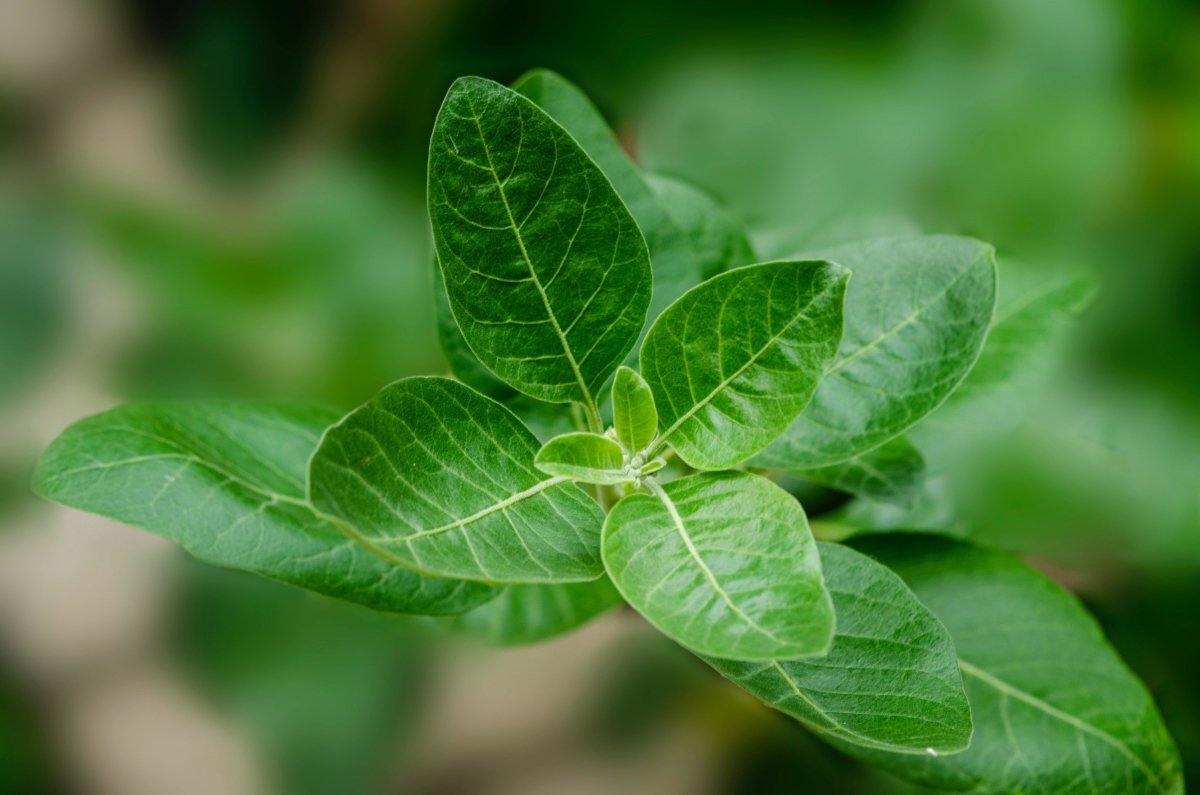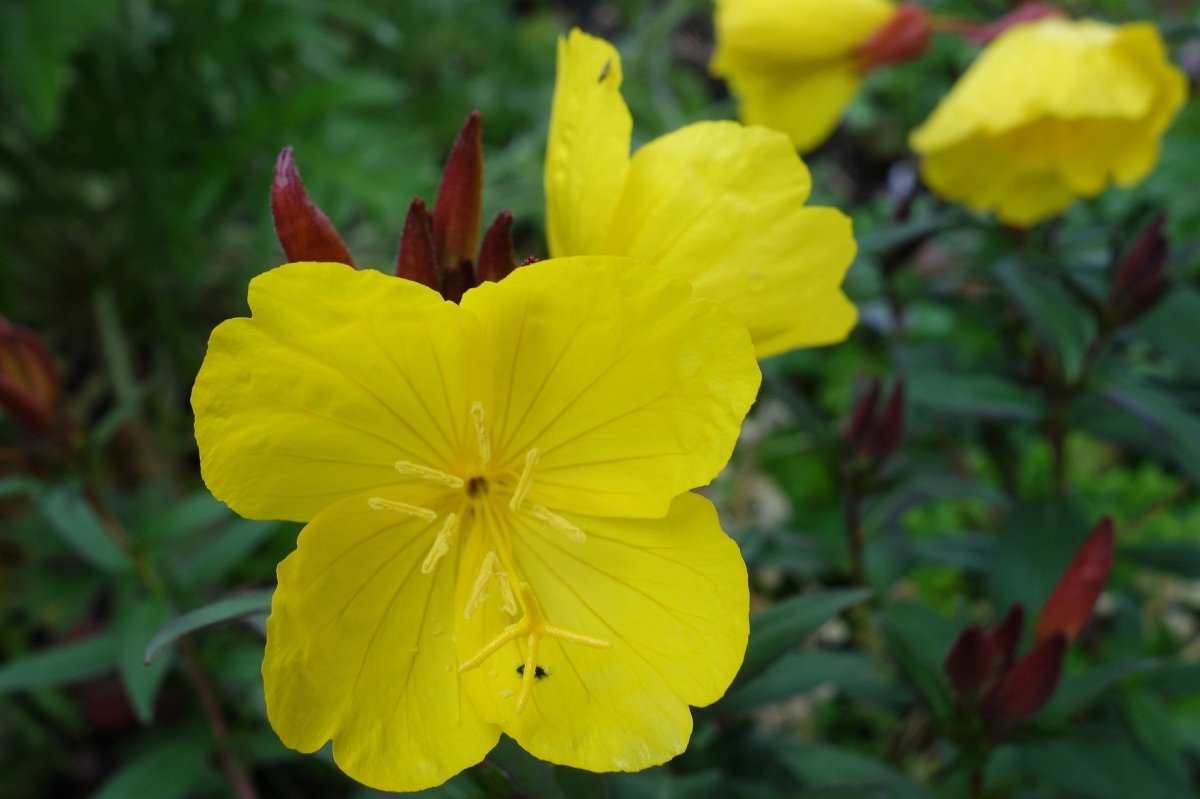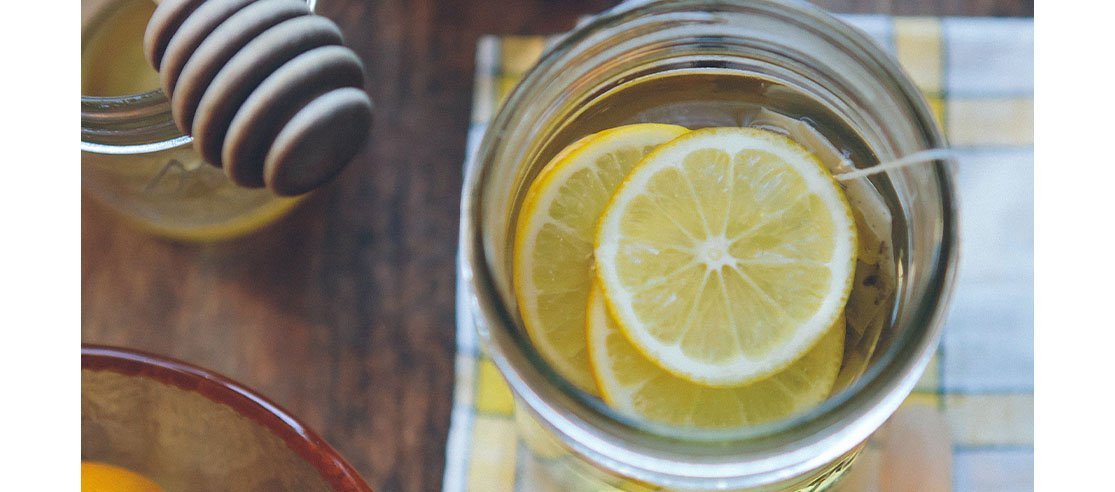
Benefits of Ashwagandha
Currently a popular dietary supplement, ashwagandha is building a reputation as a super-supplement, thanks to its scientifically backed benefits. For women, ashwagandha shows promising effects on hormonal balance, stress relief and sexual function.
What is Ashwagandha?
Used extensively for centuries in traditional Indian medicine, the ashwagandha plant is native to dry areas of India, as well as Yemen, China, and Nepal. Sometimes called Indian ginseng, poison gooseberry, or winter cherry, ashwagandha is currently being studied by western scientists to find scientific backing for its long-established benefits in Ayurveda – an ancient form of alternative medicine.
Benefits for women:
Relieves Stress
Stress is a major mental health issue in the UK, with women being more likely to suffer mental health problems such as stress, anxiety, and depression than men (1). Stress can cause you to take time off work, experience low mood, and over long periods can lead to other mental health illnesses. Studies (2) have proven that ashwagandha is effective for improving our resistance to stress. It has been shown to reduce cortisol levels and can block the stress pathways in the body, meaning experiential stress and anxiety is reduced.
Aids Cognitive function
The ability to concentrate, solve problems, and work to your full potential is important for your wellbeing and general health. It affects your memory, communication skills, decision making, and social behaviour, so taking care to support your cognitive function is critical for everyday life, particularly as we get older. Ashwagandha has been shown to support cognitive function (3), with some studies even showing it improves the symptoms associated with Alzheimer’s disease and dementia. A test tube study conducted by Newcastle University (4) showed that ashwagandha inhibits the formation of beta-amyloid plaques, which are considered toxic to brain cells and contribute to the development of neurodegenerative diseases.
Improves female sexual function
Sexual dysfunction in women is widespread, with a 2016 study (5) citing 40.9% of premenopausal women had a symptom of female sexual dysfunction. A healthy sex life and freedom of sexual expression is vital for your wellbeing and overall health throughout your adult life, so it’s important to ensure your sex life is fulfilling and pleasurable. According to a 2015 study (6), ashwagandha can help to minimise sexual dysfunction, and can allow women to enjoy pleasurable and fulfilling sex lives. Problems such as trouble becoming aroused, lack of sexual pleasure, and an inability to reach orgasm were all improved after a prolonged period of taking ashwagandha capsules.
Reduces grey hairs
While not a medical condition, greying hair can affect our self-esteem and confidence. Premature grey hair can be caused by stress. In numerous studies (7), ashwagandha has shown evidence of increasing hair melanin, which gives your hair its natural colour. This means that the chance of greying hair is reduced, and the stress-relieving effects that ashwagandha also has means new grey hairs are less likely to appear.
Menopause hormonal balance
The physical and psychological changes a woman goes through during the menopause can be difficult to manage, with symptoms including hot flashes, anxiety, low mood, sleep problems, heart discomfort, and bladder problems. For many women, relieving these symptoms often involves the choice between hormone therapy and natural remedies, both of which have both benefits and disadvantages. Ashwagandha has been shown to help relieve numerous symptoms of the menopause. According to a 2012 study (8), taking ashwagandha showed a highly significant decrease in hot flashes by 40.56% relief, in heart discomfort by 84%, sleep problems by 53.78%, low mood by 41.41%, anxiety by 42.62%, and bladder problems by 42.42%. It also showed a significant improvement in menopause related quality of life, showing that ashwagandha can be an effective supplement to help relieve the symptoms of the menopause.
How to take ashwagandha
Often available as capsules containing the extract of the ashwagandha root, dosage can depend on the product you choose. However, as a general rule of thumb, it is commonly taken in 450-500mg capsules once or twice daily. It’s important to note that sometimes ashwagandha can interact with certain medications, such as thyroid disease medication, blood sugar treatments, or blood pressure medication. It’s also advised that if you’re pregnant or breastfeeding that you steer clear of the herb. Although ashwagandha is safe for most people, if in doubt, always consult your healthcare professional before including it in your diet.
At Anatome, our nutritionists select the most effective, high quality ingredients backed by science for our range of supplements. Our women’s libido and stress support supplement includes ashwagandha to help improve your sexual function and relieve stress. Speak to one of our nutritionists today to discuss your needs.
References:
1. https://mhfaengland.org/mhfa-centre/research-and-evaluation/mental-health-statistics/#workplace
2. https://pubmed.ncbi.nlm.nih.gov/23439798/
3.https://onlinelibrary.wiley.com/doi/abs/10.1002/ptr.6552
4. https://www.ergo-log.com/ashwagandhaalzheimers.html
5.https://www.smr.jsexmed.org/article/S2050-0521(16)00081-0/pdf
6. https://www.ncbi.nlm.nih.gov/pmc/articles/PMC4609357/
7. https://www.ijpba.info/ijpba/index.php/ijpba/article/viewFile/1456/1026
8. https://www.ncbi.nlm.nih.gov/pmc/articles/PMC3665193/





Leave a comment
This site is protected by hCaptcha and the hCaptcha Privacy Policy and Terms of Service apply.